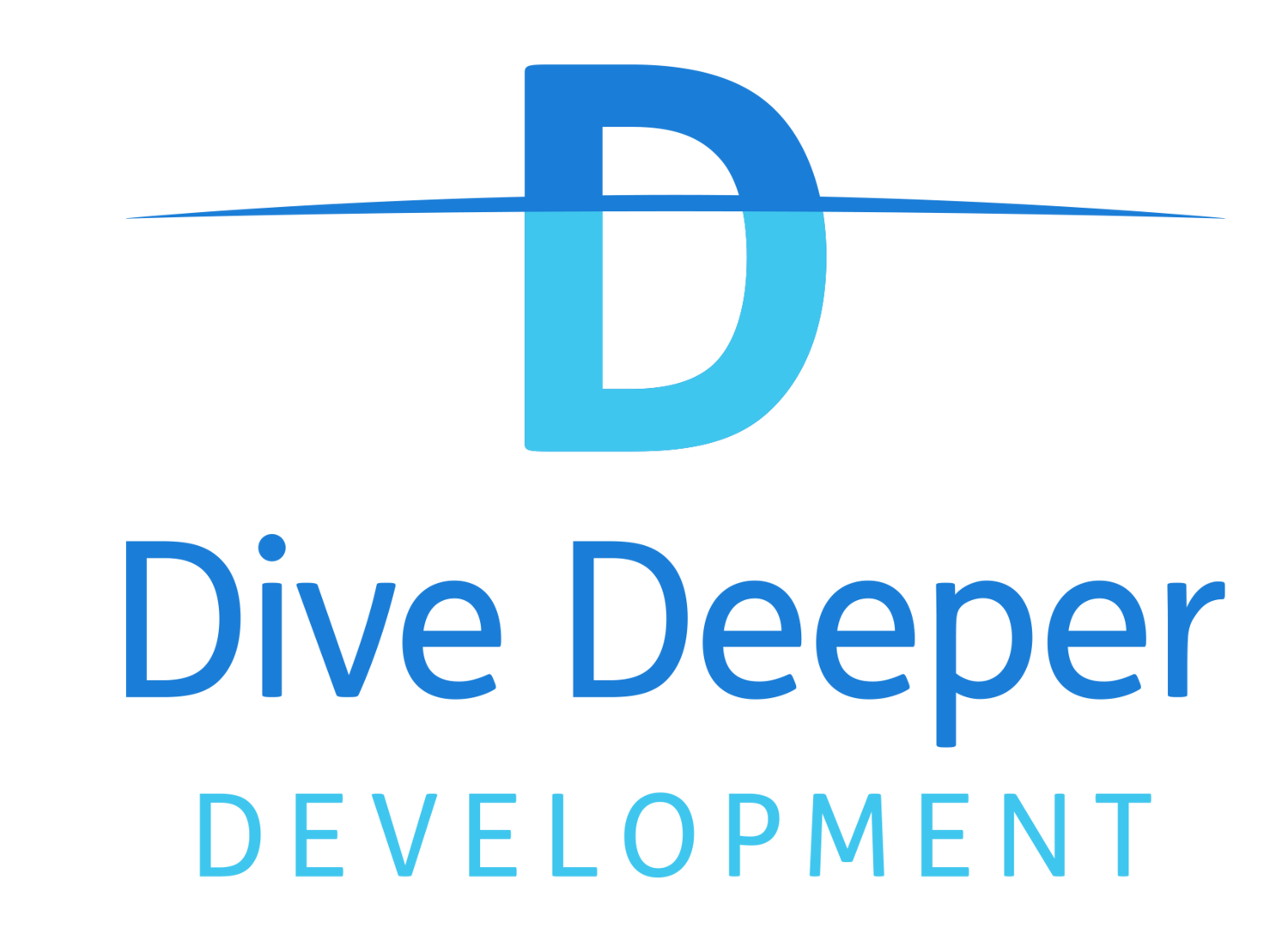Business Book Club: I, Human: AI, Automation, and the Quest to Reclaim What Makes Us Unique
I've set myself a goal to blog about the books I read. I will extract wisdom from the best business and personal development books I've read and share it with you.
This time around, I’m reading: I, Human: AI, Automation, and the Quest to Reclaim What Makes Us Unique by Tomas Chamorro-Premuzic.
About the Book
In an era where artificial intelligence (AI) is becoming increasingly intertwined with our daily lives, I, Human expores how AI influences human behaviour and the essence of our humanity. Chamorro-Premuzic, a psychologist, delves into the subtle ways AI shapes our decisions, emotions, and interactions, urging readers to reflect on maintaining their unique human qualities amidst rapid technological advancement.
What Did I Learn?
The Double-Edged Sword of AI
Chamorro-Premuzic presents AI as a tool with immense potential to enhance our lives but also warns of its capacity to exacerbate negative traits. He argues that while AI can make tasks more efficient, it can also lead to increased predictability in human behaviour, potentially diminishing our creativity and critical thinking. This perspective encourages a balanced view of AI, recognising both its benefits and its pitfalls.
The Erosion of Human Qualities
An important theme Chamorro-Premuzic touches on is how technology, especially AI, reshapes human traits that were once fundamental to interpersonal interactions. Our need for instant gratification is being accelerated by digital tools that give us what we want in seconds. Over time, this undermines our patience, as we become conditioned to expect immediacy.
AI also plays a role in how we perceive and interact with others. For example, Chamorro-Premuzic suggests that the proliferation of AI-generated content and curated social media highlights can lead to greater detachment and diminished empathy. When faced with screens rather than faces, it’s easy to forget the real human beings behind digital interactions. He challenges us to question how much emotional intelligence and genuine connection we might be sacrificing for convenience.
The book also explores how AI influences our self-control. With apps designed to keep us engaged through endless scrolling, binge-watching, or notifications, the temptation to over-indulge is stronger than ever. The line between leisure and addiction becomes blurred, making it harder to maintain our discipline in digital spaces.
AI and Self-Improvement Bias
For me the most fascinating part of Chamorro-Premuzic’s analysis focuses on how AI reinforces our biases. Personalised algorithms don’t just reflect our interests—they amplify them. The more we engage with certain ideas or perspectives, the more they are presented to us, often at the exclusion of opposing views. This confirmation bias can limit personal growth, as we become less exposed to new, challenging information.
Chamorro-Premuzic argues that a proactive mindset is crucial here. Instead of allowing AI to dictate our preferences and behaviours, we can use technology deliberately to challenge ourselves. For example, exploring new topics and hobbies through platforms designed to expand our horizons, rather than sticking to well-trodden paths.
Strategies for Reclaiming Humanity
Chamorro-Premuzic offers practical ways to counter the negative impact of AI and maintain a balance between human capabilities and technological advancement:
Cultivating Curiosity
AI’s predictive nature can limit exposure to unfamiliar ideas, making it essential to consciously seek out novelty. Chamorro-Premuzic encourages readers to embrace curiosity, whether by learning new skills, exploring different industries, or engaging with people who have contrasting perspectives.Practising Humility
With AI often positioned as infallible, Chamorro-Premuzic stresses the importance of recognising both human and machine limitations. Understanding that neither humans nor algorithms have all the answers fosters a mindset of continuous improvement.Enhancing Emotional Intelligence
Emotional intelligence (EQ) becomes increasingly valuable in a world dominated by AI, where empathy and genuine connection are scarce resources. Chamorro-Premuzic advocates for the deliberate cultivation of EQ through practices such as active listening, self-reflection, and empathy-building exercises. This enables individuals to maintain deep and meaningful relationships both in personal and professional contexts.Promoting Digital Well-Being
Lastly, he underscores the importance of managing our digital consumption. AI’s ability to maximise engagement is no accident—it's designed to keep us hooked. By setting boundaries on screen time, being mindful of app usage, and periodically disconnecting from digital devices, we can reclaim control over our time and attention.
Final Thoughts
I liked the book but I didn’t love it. I found it quite hard to get through at times. I, Human is a thought-provoking read that challenges us to reflect on our relationship with technology. Chamorro-Premuzic's insights encourage a mindful approach to AI adoption, emphasising the importance of preserving the very traits that make us human. However, I found much of the book to read like an opinion piece. I got the sense that the author has some fixed views on the subject and at times, there seemed to be a sense of panic about technology that revealed a cynical view of humanity. While I think the writer raises some excellent concerns about technology I don’t think the situation is as doom-and gloom as the author suggests. This is a scary time but also an exciting time. Chamorro-Premuzic is right to make us cautious about our next steps into the unknown world of AI, but if we take these points on board, there is also opportunity ahead. Overly pessimistic but worth a read.

